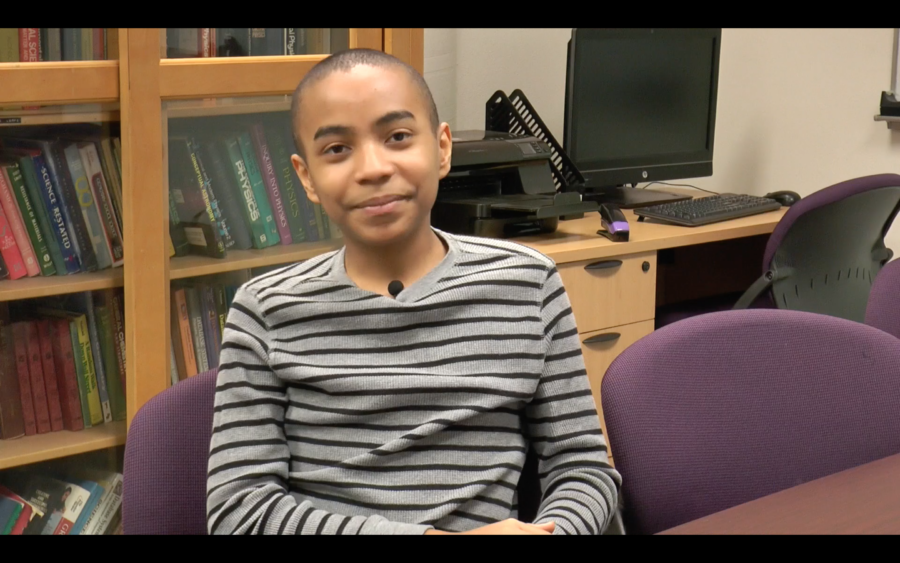The university is a month away from closing the door on a $125,000 project to replace the locks on all the buildings on campus.
Completion of the first campus-wide re-keying project is scheduled to end in late February to early March after the locks are changed in Mary Couts Burnett Library, the Student Center and Ed Landreth Hall.
Approximately 9,400 locks will be changed by in-house labor and 47,000 keys will be issued when the project is finished, said Willett Stallworth, associate vice chancellor for facilities.
The old system was no longer patented and several lost keys created a security situation, said Hollis Dyer, associate director of building maintenance.
“This system is a regional system, meaning they assigned these keys specifically to TCU and that there are no blanks in existence so people can’t duplicate them,” he said.
Specific security features are written into each key and only a limited number of people will have access to them. TCU will remain secure even after the copyright on the keys expires because there are no blank keys, Dyer said.
If a person loses a key they will have to pay up to $100 for the cost of changing the lock and reproducing and reissuing the key.
The old key system had “Do Not Copy” printed on each key, but blanks existed which made it possible for people to duplicate them, Dyer said. If there was a theft or a break-in it was difficult to track down who had access to the building, he said.
“With this new system we will know specifically who has the key because we will sign it out to that person, and they won’t be able to copy it,” Dyer said. “If anything happens, we know who had a key at that time.”
In recent years TCU has experienced many break-ins, including the theft of more than 100 pre-Columbian Peruvian artifacts from the library by an ex-employee. TCU Detective Kelly Ham said in 2003 there were 18 burglaries on campus.
“Compared to other universities we don’t have a burglary problem,” Ham said. “The two major problems we have are students stealing from students and unknown people breaking into cars on campus.”
Ray Drenner, the biology department chairman, believes the new system is beneficial. His department is housed in Winton-Scott Hall, which was re-keyed last fall.
“I think that the new system is a good thing,” he said. “It has tightened security and it’s making us all more responsible for the keys and our security."

